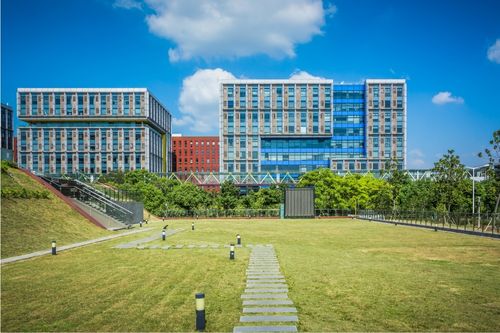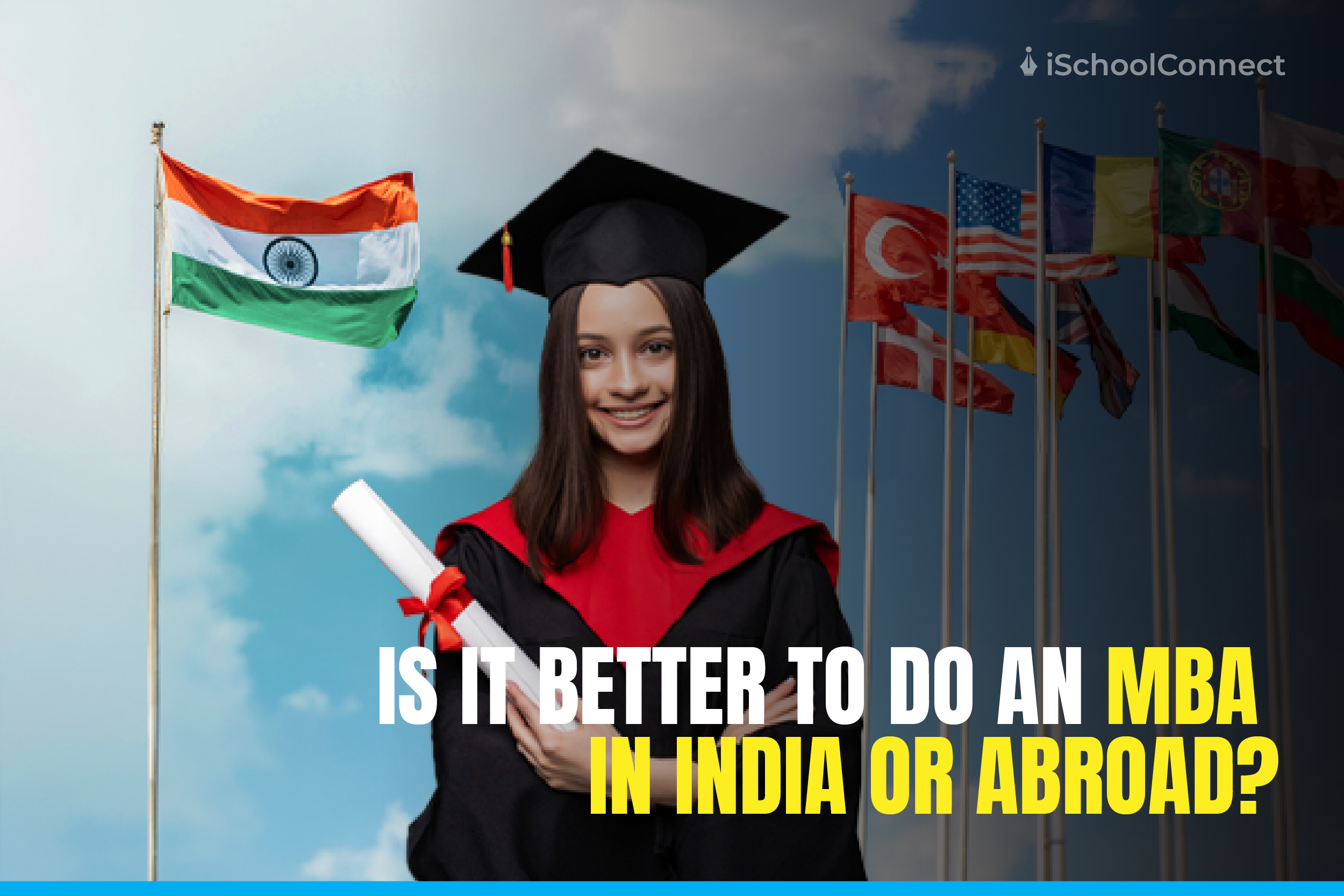Table of Contents
An introduction to top MBA universities in Singapore
MBA education in Singapore has seen significant growth in recent years, attracting a diverse range of local and international students seeking quality education and career advancement opportunities. Choosing the right MBA university is crucial in ensuring the success of the student’s career goals. This article will provide an overview of the top MBA universities in Singapore, including program details, admission requirements, and scholarship opportunities, to assist aspiring MBA students in making informed decisions.
All about the top universities in Singapore
1. National University of Singapore
The National University of Singapore (NUS) is a highly-regarded public research university located in Singapore. It has consistently been ranked as one of the top MBA universities in Asia and is known for its innovative and rigorous curriculum. The NUS MBA program offers a broad range of core and elective courses, allowing students to tailor their education to their specific interests and career goals. Students can choose to specialize in areas such as finance, marketing, and entrepreneurship, among others. The program is designed to prepare students for leadership roles in both local and international markets.
Admission to the NUS MBA program requires a bachelor’s degree from a recognized university, a minimum of two years of work experience, and satisfactory GMAT or GRE scores. Additionally, students must demonstrate proficiency in the English language through either the TOEFL or IELTS exams.
2. Nanyang Technological University

Nanyang Technological University (NTU) is another highly-ranked public research university located in Singapore. The NTU MBA program is known for its focus on innovation and entrepreneurship and offers students the opportunity to participate in experiential learning activities such as internships and consulting projects. The curriculum is designed to provide students with a solid foundation in business principles, while also emphasizing the development of leadership and critical thinking skills. The program also offers several specializations, including finance, marketing, and strategy.
Admission to the NTU MBA program requires a bachelor’s degree from a recognized university, a minimum of two years of work experience, and satisfactory GMAT or GRE scores. Students must also demonstrate proficiency in the English language through either the TOEFL or IELTS exams.
3. INSEAD
INSEAD is a private business school with campuses in Europe, Asia, and the Middle East. The INSEAD MBA program is known for its international focus and diverse student body. The program offers a rigorous curriculum designed to provide students with a broad understanding of business principles, while also emphasizing the development of leadership and communication skills. The program offers several specializations, including finance, marketing, and entrepreneurship.
Admission to the INSEAD MBA program requires a bachelor’s degree from a recognized university, a minimum of two years of work experience, and satisfactory GMAT or GRE scores. Students must also demonstrate proficiency in the English language through either the TOEFL or IELTS exams.
4. Singapore Management University

SMU is a private university located in Singapore. The SMU MBA program is known for its focus on practical learning and experiential education. The program offers a wide range of core and elective courses, allowing students to customize their education to their specific interests and career goals. The program is designed to prepare students for leadership roles in both local and international markets.
Admission to the SMU MBA program requires a bachelor’s degree from a recognized university, a minimum of two years of work experience, and satisfactory GMAT or GRE scores. Students must also demonstrate proficiency in the English language through either the TOEFL or IELTS exams.
5. Other notable MBA universities in Singapore
In addition to these top MBA universities, Singapore is also home to several other notable institutions, including the Management Development Institute of Singapore (MDIS) and James Cook University Singapore. These institutions offer a range of MBA programs designed to cater to the diverse needs of students.
Learn about MBA program details
1. Curriculum
MBA programs in Singapore typically offer a broad range of courses, including core courses in business principles such as finance, marketing, and management, as well as elective courses in specialized areas such as entrepreneurship, international business, and data analytics. Many programs also offer experiential learning opportunities, such as internships and consulting projects, to provide students with real-world business experience.
2. Class structure
MBA programs in Singapore offer different class structures to cater to the needs of various students. Full-time MBA programs are typically two years in length and offer a structured curriculum. Part-time MBA programs allow students to continue working while pursuing their degree. Executive MBA programs are designed for mid-career professionals who wish to enhance their skills and knowledge.
3. Program length
The length of MBA programs in Singapore varies based on the class structure. Full-time MBA programs typically take two years to complete, while part-time and executive MBA programs can take up to three years.
4. Program cost
The cost of an MBA program in Singapore varies based on the university and program structure. Full-time MBA programs can cost between SGD 60,000 to SGD 100,000, while part-time and executive MBA programs can cost between SGD 50,000 to SGD 80,000.
5. Scholarship opportunities
MBA students in Singapore can explore various scholarship opportunities offered by universities and external organizations. Scholarships can help cover tuition costs and other expenses. Students can also apply for government grants such as the SkillsFuture Study Award to offset the cost of their MBA degree.
Everything about admission requirements
1. Academic qualifications
Most MBA programs in Singapore require applicants to have an undergraduate degree from a recognized institution. Some programs may also require applicants to have a minimum GPA or certain prerequisite courses.
2. Work experience
Many MBA programs in Singapore require applicants to have prior work experience, typically ranging from two to five years. This is because MBA programs are designed for professionals who wish to enhance their skills and knowledge and advance their careers.
3. Entrance exams
Applicants to MBA programs in Singapore may be required to take entrance exams such as the Graduate Management Admission Test (GMAT) or the Graduate Record Examination (GRE). These exams measure skills such as analytical writing, quantitative reasoning, and verbal reasoning.
4. English language proficiency
Applicants whose first language is not English may be required to take an English language proficiency test such as the Test of English as a Foreign Language (TOEFL) or the International English Language Testing System (IELTS).
5. Letters of recommendation
MBA programs in Singapore may require applicants to submit letters of recommendation from academic or professional references. These letters should speak to the applicant’s academic abilities, work experience, and potential for success in an MBA program.
6. Personal statement
Many MBA programs in Singapore require applicants to submit a personal statement outlining their career goals and reasons for pursuing an MBA degree.
Key takeaways
- Choosing the right MBA university is crucial for the success of an MBA student. It can impact the quality of education received, career opportunities, and network connections.
- Aspiring MBA students in Singapore should research and compare different MBA programs, taking into account factors such as program structure, curriculum, and cost. They should also consider their career goals and choose a program that aligns with their interests.
- The top MBA universities in Singapore offer world-class education, diverse course offerings, and strong business networks and connections. With scholarship opportunities and a range of program structures, students can choose a program that fits their needs and goals.
An MBA can improve your professional marketability and raise the quality and quantity of work prospects. Please get in touch with us by clicking here for more information about international universities and colleges. We would be happy to assist you with your queries.
Liked this blog? Read next: Seven compelling reasons to join Capella University
FAQs
1. What is the typical cost of an MBA program in Singapore?
Answer: The cost of an MBA program in Singapore can vary depending on the university and program structure, but generally ranges between SGD 50,000 to SGD 100,000.
2. Is work experience required to apply for an MBA program in Singapore?
Answer: Many MBA programs in Singapore require applicants to have prior work experience, typically ranging from two to five years.
3. What are some scholarship opportunities available for MBA students in Singapore?
Answer: MBA students in Singapore can explore various scholarship opportunities offered by universities and external organizations. Students can also apply for government grants such as the SkillsFuture Study Award to offset the cost of their MBA degree.







